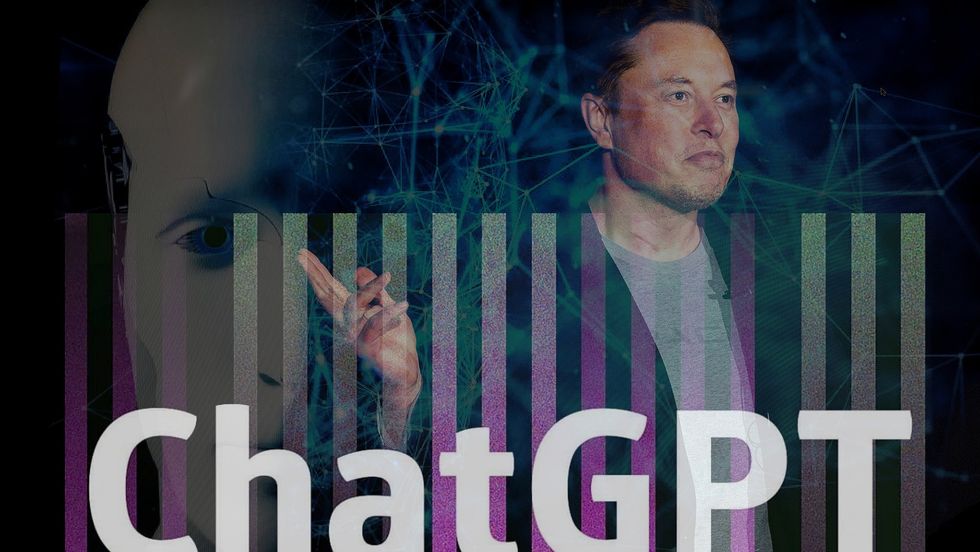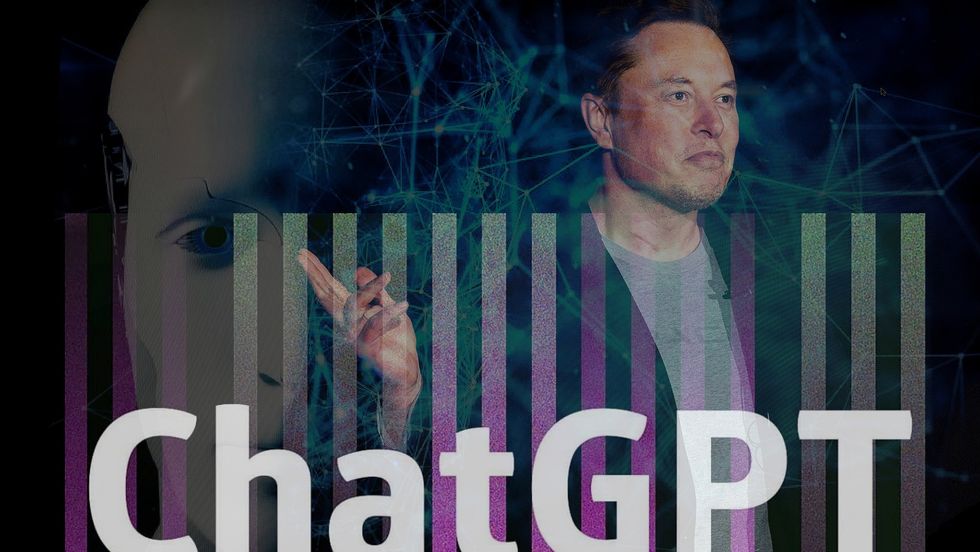OpenAI’s ChatGPT embarks on the forefront of artificial intelligence (AI) developments. Yet, amidst these technological marvels, can investors find a profitable niche in this controversial landscape?
This groundbreaking technology epitomizes a distinguished segment within the AI domain branded as generative AI, paving the way for systems adept at producing text, images, or sounds in response to user cues.
Demystifying OpenAI’s ChatGPT
Conceived by the San Francisco-based think tank OpenAI, ChatGPT stands as a generative AI software utilizing the reinforcement learning from human feedback (RLHF) mechanism to simulate human-like conversations rooted in an extensive array of user inputs—essentially an AI chatbot.
ChatGPT’s language comprehension stems from training on text repositories drawn from diverse online sources spanning encyclopedias, books, scholarly papers, news platforms, and blogs. Leveraging this foundation, the AI chatbot forecasts words to intertwine effectively, culminating in the most fitting retort.
Post its public testing inauguration on November 30, 2022, ChatGPT captivated over a million users in its maiden week. Witnesses lauded the chatbot’s seamless linguistic prowess, marveling not only at its question interpretation acumen but also its human-esque responses, fostering an illusion of conversing with a live interlocutor.
Besides its chat facility, ChatGPT demonstrates prowess in storytelling, content creation, problem-solving, and programming tasks—a versatile entity indeed.
A follow-up iteration, GPT-4, outshines ChatGPT, unveiled in March 2023, currently accessible to paid ChatGPT subscribers and Microsoft Copilot users.
This advanced version embraces visual inputs, augmenting precision and expertise across multiple subjects. Capable of weaving intricate descriptions of images and acing standard assessments, GPT-4 operates sans search constraints. Nonetheless, AI luminary Dr. Oren Etzioni critiques its struggles in forward-looking discussions and idea generation, coupled with inaccuracies delivered with unwarranted conviction.
Exploring Elon Musk’s Association with OpenAI

DIA TV / Shutterstock
Founded in 2015 by Altman, its incumbent CEO, alongside Tesla’s (NASDAQ: TSLA) Elon Musk, OpenAI fast emerged as a pioneering institution in the AI and machine learning milieu. Musk had significantly shaped OpenAI’s trajectory until parting ways owing to potential conflicts of interest.

